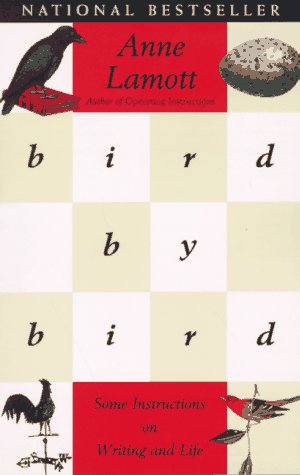So in my day job, I spend my time doing lots of writing and editing. When I write, it’s really not a big deal for me to produce a rough draft and then work to improve it. I know this rough draft is really just outline 2.0. So I don’t get that worked up about getting sentence after sentence down on paper (or screen). Writing a rough draft is an easy, almost casual thing. Maybe it is because I have to generate a lot of content, so there is no time to think about it? Or maybe it is because I know the I will have to get the approval of several people along the way, so I know not to be precious? I really wish I knew.
Because when I get home and sit down to write, I have so much more difficulty writing a rough draft. When it’s just me and my novel, that internal editor jumps into high gear. Production drops dramatically, and I end up well below my daily word count or revising yesterday’s work instead. Basically, I’ve been living out just about every rough draft habit lately. Until the other night. I think I may have found a solution (and frankly, even if it’s just a temporary fix, I’ll take it if it means I can crank out some words more regularly).
One Sentence at a Time
That’s it. That’s my new mantra. I don’t need to write a novel, a chapter, or a scene. There’s no need to focus on cranking out a couple thousand words tonight. I just need to write one sentence. One clear, true sentence. And then another, and another, and another.
And just like that, I was able to produce. The idea of writing over 100,000 words blending plot, character arcs, a three-act structure, theme, voice, and everything else fell away. So long as I knew what the larger scene was meant to accomplish, I could focus on a very small moment in my character’s life, make it true, link it to the sentences that came before, and then move forward.

Now, this isn’t an original idea. Anne Lamott describes a similar technique in her wonderful book, Bird by Bird.
Now when I sit down to write, the work is manageable. So long as I know what the larger scene is meant to accomplish, I can go small. I only have to focus on a very small moment in my character’s life, make it true, and link it to the sentences surrounding it. The daily word count goals take care of themselves.
I won’t say the fear or the internal editor were gone, but they had been reduced to a simmer. My new immediate goal is a single sentence. It’s so much easier to get started. And because I can meet my goal with each sentence I write, it’s easier to keep going.
It may not be the most groundbreaking or earth-shattering idea. But if it helps me write more and stay in the zone longer, then I’ll take it. So long as I keep coming back to write one sentence at a time, the rest should take care of itself.
You must log in to post a comment.